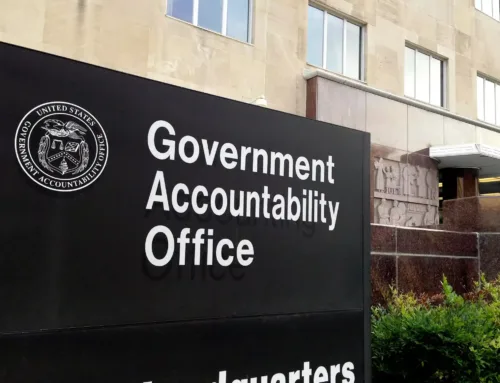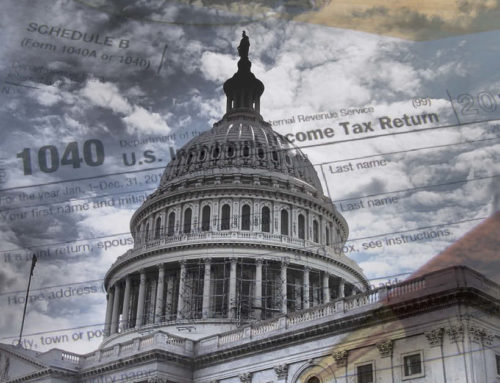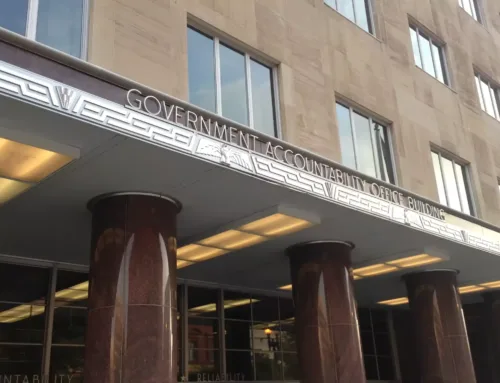The Congressional Oversight Panel, a Congressionally appointed watchdog for last fall's bailout, has released its June report. Access the report here . The Panel's report specifically looks at the recent “stress tests” conducted by the Treasury and Federal Reserve; how effectively they conducted the stress tests, specifically reviewing the government’s economic assumptions, their methods of calculating bank capitalization, their release of information to the public, and whether the stress tests should be repeated in the future. To help make these assessments of the stress tests, the panel engaged two internationally renowned experts in risk analysis, University of California at Berkeley Professors Eric Talley and Johan Walden, to review the stress test methodology.
According to the Panel:
The Panel finds that, on the whole, the stress tests were based on a solidly designed working model. However, serious concerns remain, and the Panel offers several recommendations for consideration moving forward:
* The unemployment rate climbed to 9.4% in May, bringing the average unemployment rate for 2009 to 8.5%. If the monthly rate continues to increase, the 2009 average may exceed the 8.9% assumed under the more adverse scenario, suggesting that the stress tests should be repeated if that occurs.
* Stress testing should also be repeated so long as banks continue to hold large amounts of toxic assets on their books.
* Between formal tests conducted by the regulators, banks should be required to run internal stress tests and should share the results with regulators.
* Regulators should have the ability to use stress tests in the future when they believe that doing so would help to promote a healthy banking system.










